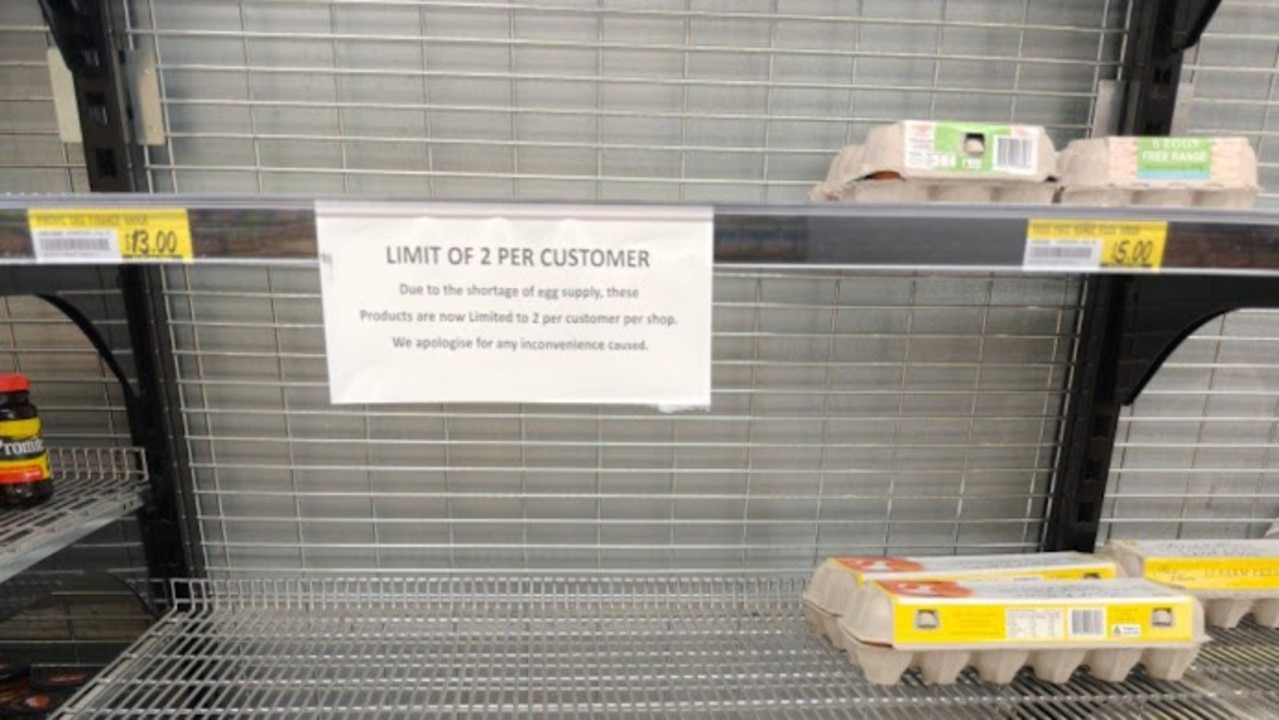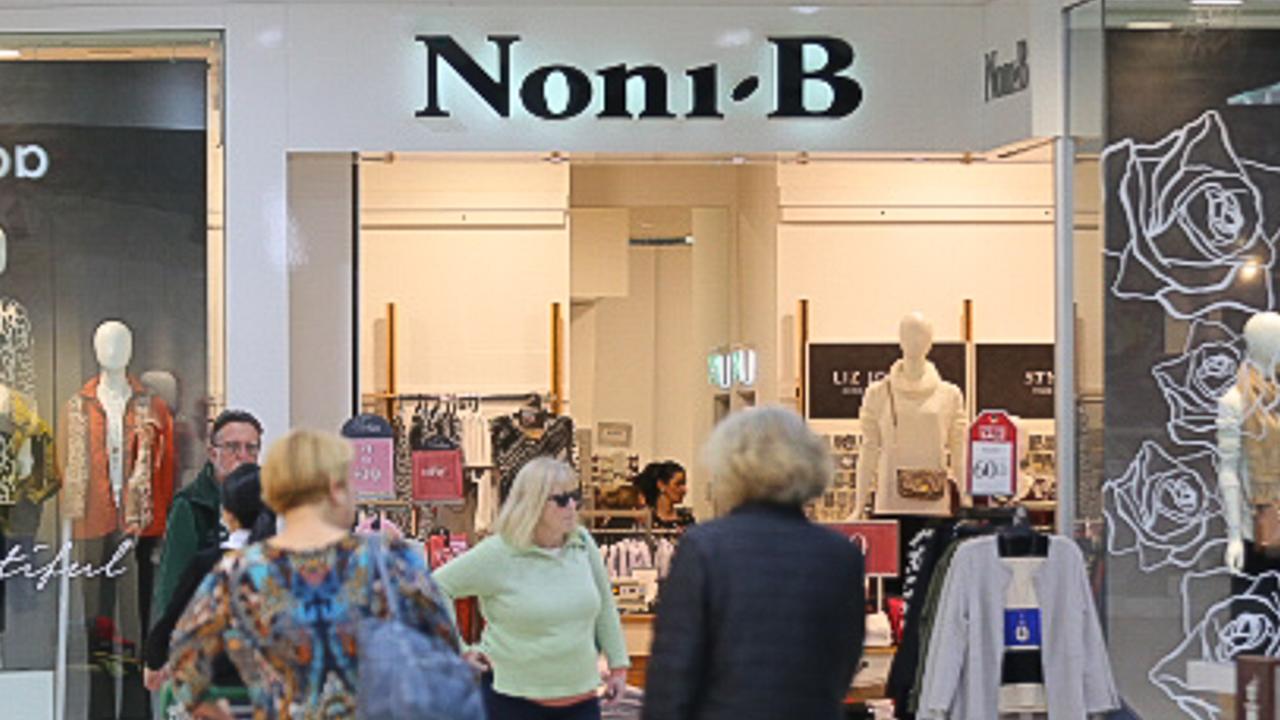Four-day sales boom not a sign of a strong economy, experts warn
Black Friday is tipped to be one of the best sales events on record, but a leading economist warns it is not a sign that household pressures are easing.
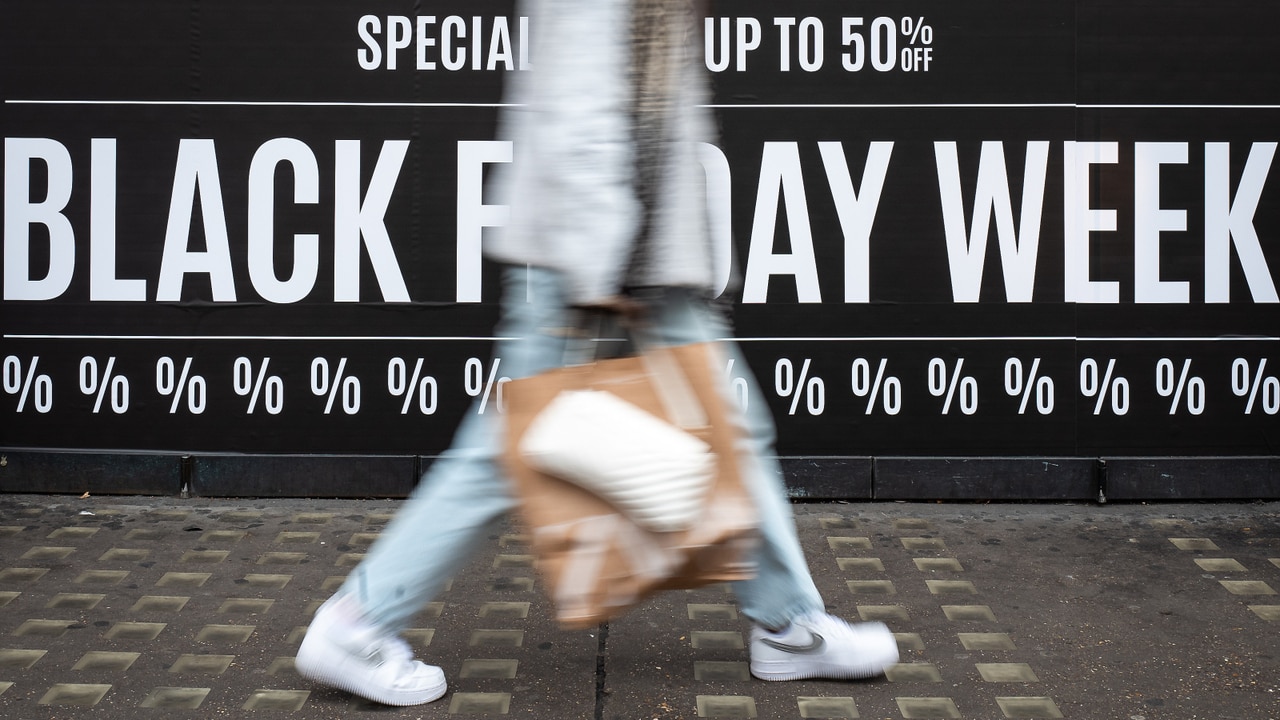
Retail
Don't miss out on the headlines from Retail. Followed categories will be added to My News.
The Reserve Bank should look past the temporary Black Friday sales spike and cut rates when they meet in December as low and middle income earners continue to be battered by higher than necessary interest rates, a leading economist warns.
Black Friday sales have become one of the more anticipated sales events of the year, but households are predicted to just be frontrunning Christmas expenses.
According to research by ING, consumers are anticipated to spend an eye-watering $12.7 billion at the Black Friday, Cyber Monday sales starting on November 29, cementing the four-day shopping event as the biggest on the nation’s retail calendar.
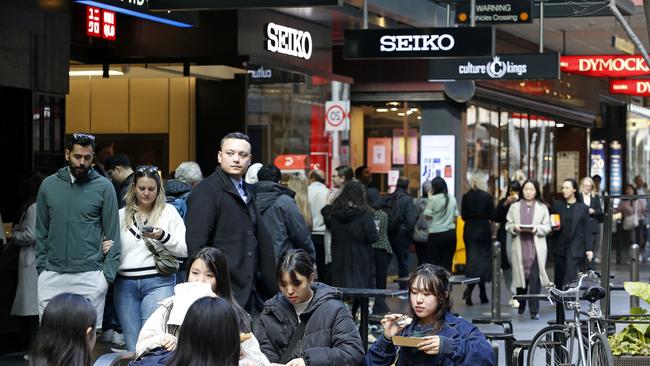
But a spike in sales shouldn’t be seen as a sign mortgage holders and renters are coping with cost of living pressures, with the Australia Institute’s chief economist Greg Jericho saying Aussies are tightening their belts for sales periods.
“If we are not able to sustain spending unless there are sales, then that is a sign the economy is pretty weak and households are struggling,” Mr Jericho said.
The leading economist said younger mortgage holders especially are under the pump, with a rate cut in December necessary to lift consumer spending.
“Even if the first rate cut isn’t a big one, giving consumers the sense that the pain is almost over and we will stop hitting you over the head with rate rises.”
He says household demand has been terrible and we can see that in retail spending figures it has been weak for a good couple of years now as mortgages are the biggest impact on cost of living.
“If you include mortgage repayments they have made up 45 per cent or so of the increasing cost of living pressures,” he said.
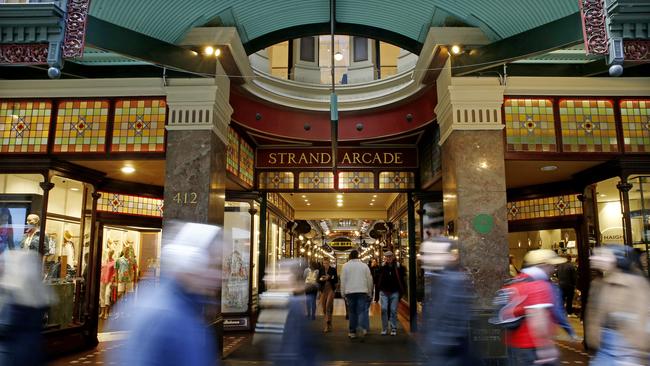
AMP chief economist Shane Oliver said the spending figures that come out of November distort the national spending data due to the sheer weight of Black Friday spending.
“It confuses everyone because retail spending is boosted in the November numbers, so you get these strong November figures before December reverses whatever happens in November,” Dr Oliver said.
Dr Oliver continues to forecast a rate cut in February, although he says the economy will need to show signs of slowing down.
“If we get a good December quarter number at the end of December and the job numbers are a bit weaker at the end of January, the Reserve Bank could ease.”
“A December rate cut is now extremely unlikely, and we still expect the first rate cut in February by which time jobs data is likely to be weaker and December quarter inflation data is likely to have shown a further step down in underlying inflation,” he said.
Independent economist Saul Eslake agrees the figures can be distorted although doesn’t think it will have a strong weighing on the Reserve Bank’s rate cutting decision.
“The ABS has had trouble updating its seasonal adjustment figures as it looks at recurring patterns month-to-month over at least 10 years,” Mr Eslake said.
“The Reserve Bank knows the seasonal pattern has been adjusted and they will ignore it.”
Instead the economist said the central bank will be looking to see how spending patterns occur over the next few months.
“They are interested in the extent to which the tax cuts that people started getting in July are being saved or spent, with two of the big four banks saying the opposite things when it comes to their consumer spending,” Mr Eslake said.
The call comes as the Reserve Bank sends out mixed messages on its next rate move. The bank said it looks through one good quarter of GDP figures, while also saying future data carries greater weight than the inflation figure itself.
In the minutes of monetary policy, board members agreed it was “important to remain forward looking, avoiding an excessive reliance on backward-looking information”.
CBA head of Australian economics Gareth Aird said the major bank would continue to stick to its forecast of a February rate cut for now. But he said there was a big risk to this call.
“In particular, we think that the RBA will be more willing to leave policy on hold for an extended period if the unemployment rate has not moved much higher over the next three to six months,” Aird said.
Aird noted the RBA minutes implied it had become “a little more forward looking” and would place more weight on the economic outlook rather than just lagging data.
The Reserve Bank board will release its next decision on December 10, and its following meeting will be held on February 18.
Originally published as Four-day sales boom not a sign of a strong economy, experts warn

